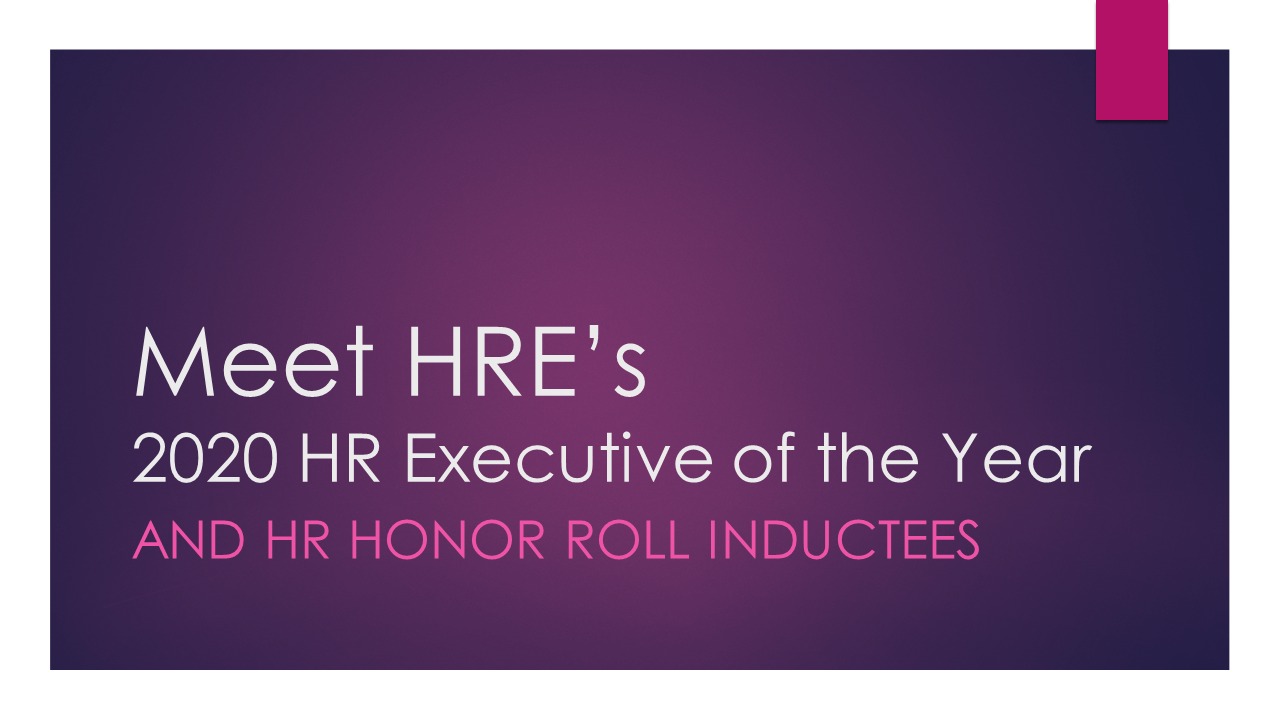Here’s a thought experiment fitting for an HR virtual happy hour. It is also playing out in real time.
Let’s assume that you are in the delivery business, and we are getting close to the holiday season, which is boom times for deliveries, even in a normal year. In a pandemic where online retail has exploded, we should expect business to spike up even more. That means now you are looking at extra big seasonal hiring.
Unemployment is very high, but not that many people are knocking on your virtual door looking for work, even though you pay pretty well. One reason is that many of those people are expecting to be called back to their old jobs at some point, so why bother with a short, part-time job? Another reason is that, well, it’s a pandemic. If we are at risk shopping or going to events, then maybe we are at risk working as well. Is it worth the risk of getting sick for a temporary job?
What should you be worried about?
Give yourself two points if you think about the reaction of the current employees, who are not going to be getting that bonus even though they will be working side by side the new hires and doing the same work. They will not be happy. Should you respond to the CFO?
Click HERE to take HRE’s survey, What’s Keeping HR Up at Night?
I think, a generation ago, we would have, and the idea would have stopped there. We designed compensation systems to prevent these inequities, and we still teach that these would be bad outcomes. Let’s try something different where we can treat everyone equally.
Today, that does not stop the idea. If you say, “The current workers will be very upset,” the response is likely to be “So what?” or maybe more thoughtfully, “What will that cost us?” Suppose you say, “Well, some of them will likely quit.” The response will likely be, “How many will quit, and what will that cost?” Maybe you have an estimate, and if it sounds bad, the next question will be, “OK, what should we do about that?” That’s harder to answer, but a reasonable response might be to say, “We should give the same bonus to the current employees.”
I can’t be sure if the conversation would actually continue after that, but I imagine a clever CFO would suggest it is far cheaper to let some of the current workers quit than to pay them all the bonus. Your rebuttal might note that, for every current employee who quits, you will have to replace them with one who will receive the bonus anyway. True enough, says the CFO, but, as long as they don’t all quit, it is cheaper to replace some of them than it is to pay all the current workers that bonus.
You might add something in response about the cost of turnover and also the cost of having irritated workers in your organization. Can you put a number on that? Because the CFO is going to say, “We engineered those jobs so people can’t goof off and so that we can replace them easily.”
Read more from Peter Cappelli HERE.
Are we prepared to play on this turf and, if so, how? It tramples assumptions that the HR community had long taken for granted. If we don’t play, wage and staffing decisions still get made, but they are made by the CFO, and the HR people are just on the sidelines to execute. To play requires evidence to counter the simple assertion that paying less, no matter how you do it, is always cheaper. Most of us believe that being cheaper isn’t necessarily better and that issues like fairness have significant value. But now we have skeptics in power. If we don’t have that information, we are on the sidelines looking in as other functions make workplace decisions for us.



